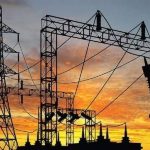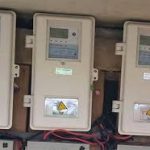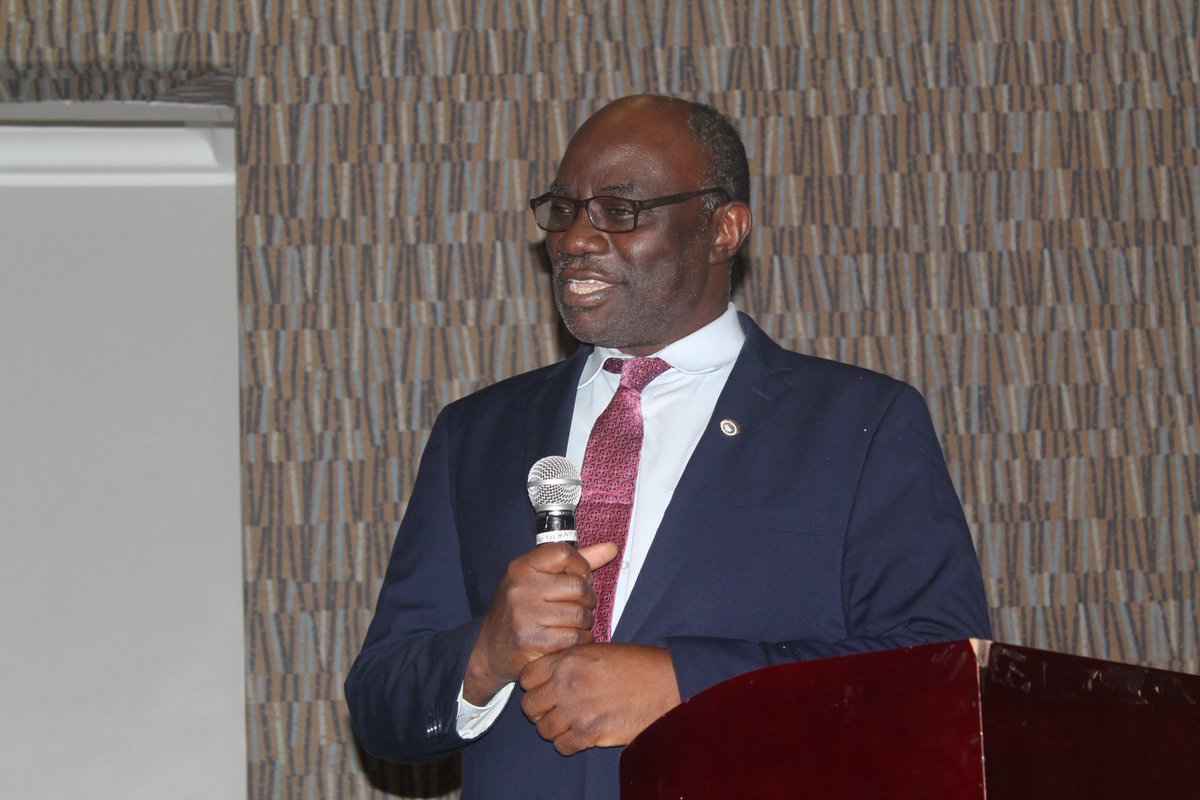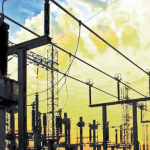Nigerian electricity distribution companies (Discos) have reported a substantial revenue increase, generating N887.86 billion from January to July 2024. This marks a 46.96% rise from N604.15 billion in the same period last year, thanks to a tariff hike for Band A customers and improved revenue collection efforts.
Despite ongoing complaints from consumers regarding poor power supply and high tariffs, the 11 Discos achieved a revenue collection efficiency of 79.7%, collecting N887.86 billion from a total billing of N1.114 trillion. In contrast, during the first seven months of 2023, they billed N797.18 billion but managed to collect only N604.15 billion.
In April, the Federal Government lifted a two-year tariff freeze, raising the rate from approximately N68 to N225 per kilowatt-hour for Band A customers who reportedly receive around 20 hours of power daily. However, following public outcry, the Nigerian Electricity Regulatory Commission (NERC) reduced the new tariff by 8.1% to N206.8 per kWh.
Minister of Power, Adebayo Adelabu, recently assured Nigerians of a potential price reduction for electricity in the coming months, as efforts to enhance power generation and distribution continue. However, skepticism remains among the public, particularly in communities facing the highest tariffs, which impact living costs and economic growth.
A monthly revenue breakdown revealed that the Discos generated the following amounts:
– January: N95 billion out of N130.92 billion billed
– February: N97 billion out of N113 billion
– March: N100.44 billion out of N126.56 billion
– April: N142.92 billion out of N178.72 billion
– May: N139.23 billion out of N191.65 billion
– June: N150.86 billion out of N176.57 billion
– July: N162.14 billion out of N197.11 billion
With the current revenue trends, the Discos have already surpassed their total revenue from 2020 and are on track to break records from 2021, 2022, and 2023 by the end of 2024. Data from the National Bureau of Statistics shows that revenue rose from N526.8 billion in 2020 to N1.1 trillion in 2023.
This significant revenue increase presents an opportunity for Discos to reinvest in vital infrastructure. Historically, they have been criticized for under-investment in systems necessary to improve power supply for Nigeria’s over 200 million citizens, many of whom rely on self-generated electricity.
In May, the Nigerian government secured a $500 million loan from the World Bank aimed at addressing financing gaps within the distribution sector. The Bureau of Public Enterprises indicated that these funds would enhance distribution infrastructure, reduce losses, increase power supply reliability, achieve financial sustainability, and promote transparency and accountability within the sector.
Simultaneously, stakeholders in the power sector have reduced borrowing from commercial banks by N28.82 billion, driven by the rising costs of debt servicing amid high interest rates. Central Bank statistics show that loans in the power sector decreased from N1.12 trillion in January 2024 to N1.08 trillion by June.
This robust revenue and strategic investment in infrastructure may offer a pathway to improving electricity supply and service delivery for Nigerians, enhancing both economic growth and the quality of life for consumers.










